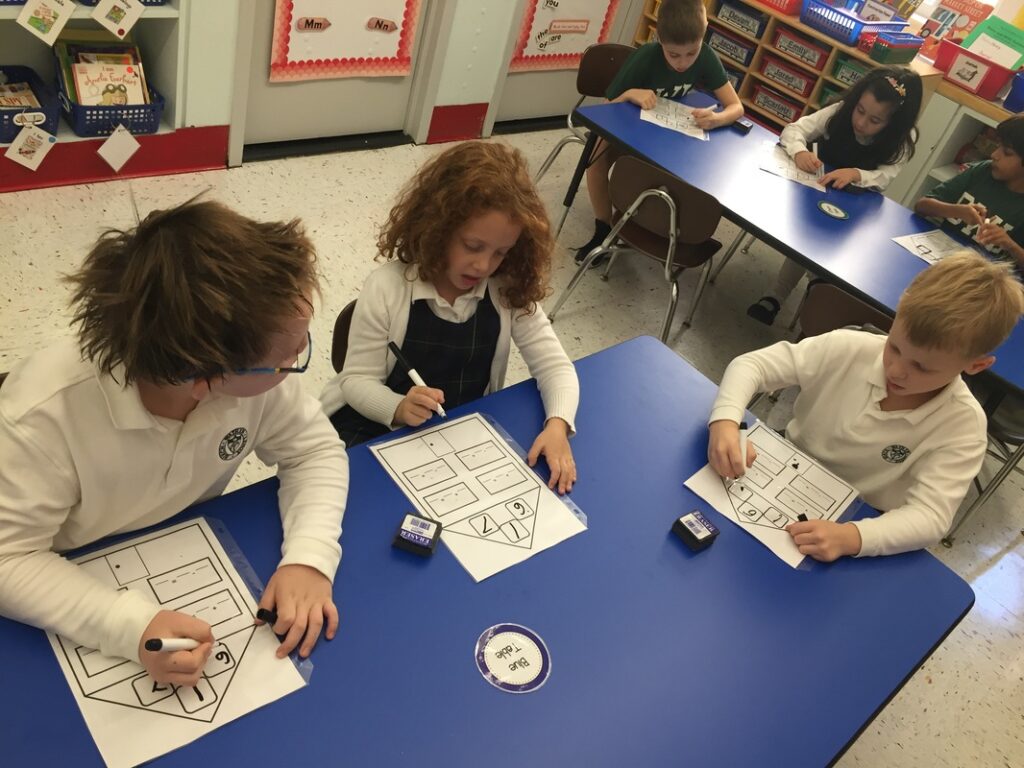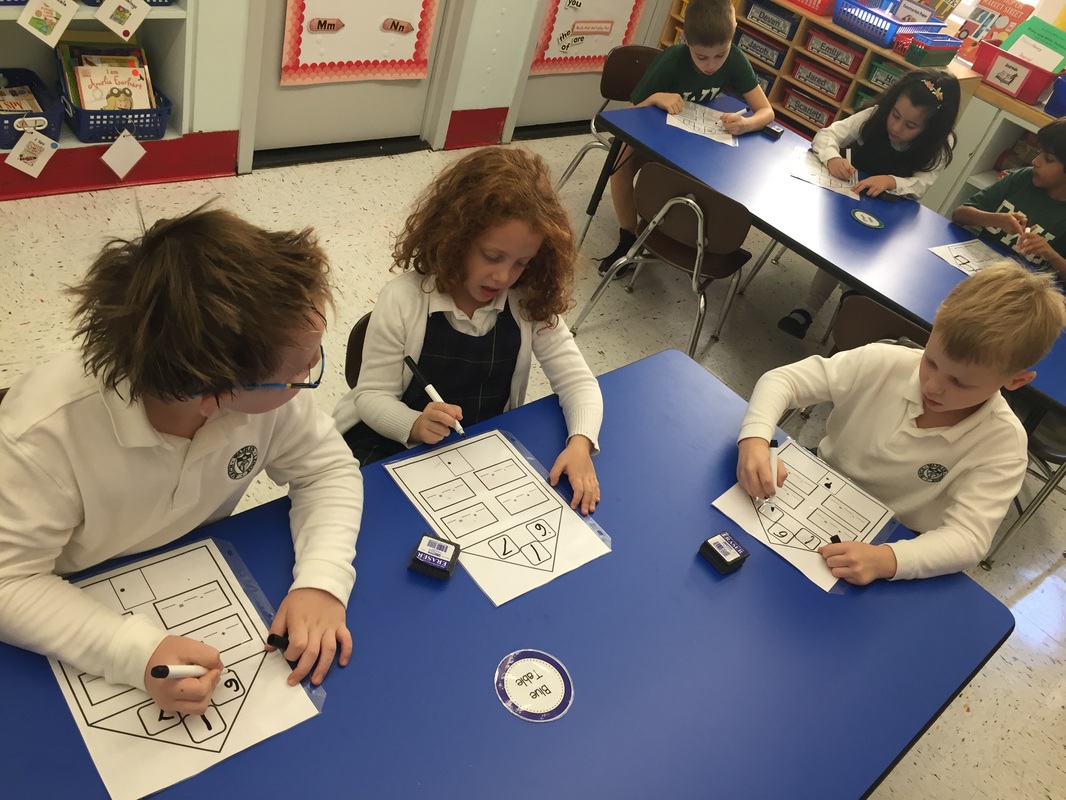
What Are First Graders Learning? A Comprehensive Guide for Parents
As parents, understanding what are first graders learning is crucial to supporting your child’s academic journey. First grade marks a significant step in a child’s education, laying the foundation for future learning. This guide provides a comprehensive overview of the key subjects and skills your child will encounter in first grade, offering insights into curriculum expectations and practical tips for reinforcing learning at home.
Literacy: Reading and Writing Skills
Literacy is a cornerstone of the first-grade curriculum. Students develop foundational reading and writing skills that will serve them throughout their academic careers.
Reading
First graders focus on building reading fluency and comprehension. Key areas include:
- Phonics: Mastering letter-sound relationships is paramount. Students learn to decode words by blending sounds together. They practice with different vowel and consonant combinations.
- Sight Words: Recognizing common words automatically is essential for fluency. First graders learn to identify and read a growing list of sight words.
- Reading Comprehension: Understanding what they read is just as important as decoding the words. Teachers use strategies like asking questions, summarizing, and making predictions to improve comprehension skills.
- Fluency: Reading smoothly and accurately is another primary goal. Repeated reading and guided reading sessions help students increase their reading speed and accuracy.
Encouraging your child to read regularly at home is one of the best ways to support their reading development. Visit the library, read aloud together, and discuss the stories you read. Look for books that align with their interests to keep them engaged. Regular reading builds vocabulary, improves comprehension, and fosters a love of reading.
Writing
First-grade writing focuses on developing basic writing skills, including sentence structure, capitalization, and punctuation.
- Sentence Structure: Students learn to write simple sentences with a subject and a verb. They practice constructing complete thoughts and expressing them clearly in writing.
- Capitalization and Punctuation: Understanding the rules of capitalization and punctuation is crucial for clear communication. First graders learn to capitalize the first word of a sentence and use periods, question marks, and exclamation points correctly.
- Spelling: Developing spelling skills is an ongoing process. Students learn to spell common words and use phonetic spelling strategies to write unfamiliar words.
- Narrative Writing: Writing simple stories is a common activity in first grade. Students learn to organize their thoughts and write narratives with a beginning, middle, and end.
Provide opportunities for your child to practice writing at home. Encourage them to write stories, letters to family members, or journal entries. Focus on the process of writing rather than perfection. Praise their efforts and provide constructive feedback. Make writing fun by incorporating games and activities. For example, you could play a word game or have them write a story based on a picture.
Mathematics: Number Sense and Operations
Mathematics in first grade builds upon the foundational concepts introduced in kindergarten, focusing on number sense and basic operations.
Number Sense
Developing a strong number sense is crucial for success in mathematics. Key areas include:
- Counting: Students learn to count to 120 and beyond. They practice counting forward and backward, starting from different numbers.
- Number Recognition: Identifying and writing numbers is a fundamental skill. First graders learn to recognize and write numbers up to 100.
- Place Value: Understanding place value is essential for understanding the structure of numbers. Students learn about tens and ones and how they combine to form larger numbers.
- Number Comparison: Comparing numbers and understanding their relative size is an important skill. Students learn to use terms like greater than, less than, and equal to compare numbers.
Operations
First graders are introduced to basic addition and subtraction operations.
- Addition: Students learn to add numbers within 20. They use strategies like counting on, using number lines, and drawing pictures to solve addition problems.
- Subtraction: Students learn to subtract numbers within 20. They use strategies like counting back, using number lines, and drawing pictures to solve subtraction problems.
- Word Problems: Applying addition and subtraction skills to solve real-world problems is an important part of the curriculum. Students learn to identify the key information in word problems and use it to find the solution.
Make math fun and engaging by incorporating real-life examples into your child’s learning. Use everyday objects to practice counting, adding, and subtracting. Play math games and puzzles together. For example, you could use coins to practice counting or measure ingredients while baking. The goal is to make math relevant and enjoyable.
Science: Exploring the World Around Us
Science in first grade introduces students to basic scientific concepts and encourages them to explore the world around them.
Life Science
Life science focuses on the study of living things and their environments. Key topics include:
- Plants: Students learn about the parts of a plant, how plants grow, and their importance to the environment.
- Animals: Students learn about different types of animals, their habitats, and their life cycles.
- The Human Body: Students learn about the basic parts of the human body and how they work together.
Physical Science
Physical science introduces students to basic concepts related to matter and energy. Key topics include:
- Matter: Students learn about the different states of matter (solid, liquid, gas) and their properties.
- Energy: Students learn about different forms of energy, such as light, heat, and sound.
Earth Science
Earth science introduces students to basic concepts related to the Earth and its environment. Key topics include:
- Weather: Students learn about different types of weather and how they are formed.
- The Earth’s Surface: Students learn about the different landforms on the Earth’s surface, such as mountains, valleys, and rivers.
Encourage your child’s curiosity by exploring the world around you together. Visit museums, parks, and nature centers. Conduct simple science experiments at home. Ask questions and encourage your child to ask questions too. The goal is to foster a love of science and exploration.
Social Studies: Understanding Our World
Social studies in first grade introduces students to basic concepts related to history, geography, and civics.
History
History introduces students to the concept of time and the importance of historical events. Key topics include:
- Families: Students learn about different types of families and their roles in society.
- Communities: Students learn about the different types of communities and the people who live in them.
- Holidays: Students learn about the history and traditions of different holidays.
Geography
Geography introduces students to basic concepts related to maps, globes, and different regions of the world. Key topics include:
- Maps and Globes: Students learn to read maps and globes and identify different features on them.
- Continents and Oceans: Students learn about the different continents and oceans and their locations on the Earth.
Civics
Civics introduces students to basic concepts related to citizenship and government. Key topics include:
- Rules and Laws: Students learn about the importance of rules and laws in society.
- Citizenship: Students learn about the rights and responsibilities of citizens.
Help your child understand the world around them by discussing current events and historical events. Visit historical sites and museums. Read books and watch documentaries about different cultures and countries. The goal is to broaden their understanding of the world and their place in it.
Social and Emotional Learning (SEL)
Beyond academics, first grade also focuses on social and emotional learning (SEL). SEL helps students develop the skills they need to manage their emotions, build relationships, and make responsible decisions. Key areas include:
- Self-Awareness: Understanding one’s own emotions and strengths.
- Self-Management: Managing one’s emotions and behaviors.
- Social Awareness: Understanding the emotions and perspectives of others.
- Relationship Skills: Building and maintaining healthy relationships.
- Responsible Decision-Making: Making ethical and responsible choices.
Support your child’s social and emotional development by creating a safe and supportive environment at home. Talk about emotions and help them develop strategies for managing their feelings. Model positive social behaviors and encourage them to treat others with respect. The goal is to help them develop into well-rounded and responsible individuals.
Practical Tips for Supporting Your First Grader
Here are some practical tips for supporting your first grader’s learning and development:
- Read Aloud Regularly: Reading aloud to your child is one of the best ways to improve their literacy skills and foster a love of reading.
- Create a Reading-Rich Environment: Make books and other reading materials readily available in your home.
- Practice Math Skills: Incorporate math into everyday activities to make it fun and engaging.
- Encourage Curiosity: Encourage your child to ask questions and explore the world around them.
- Communicate with the Teacher: Stay in communication with your child’s teacher to stay informed about their progress and any areas where they may need extra support.
- Establish a Routine: Create a consistent daily routine to help your child stay organized and focused.
- Provide a Supportive Environment: Create a safe and supportive environment at home where your child feels comfortable taking risks and making mistakes.
Conclusion
Understanding what are first graders learning is essential for supporting your child’s academic success. By focusing on literacy, mathematics, science, social studies, and social-emotional learning, first grade lays the foundation for future learning and development. By providing a supportive and engaging learning environment at home, you can help your child thrive in first grade and beyond. Remember that every child learns at their own pace, so be patient, supportive, and celebrate their successes along the way. First grade is a critical year for developing fundamental skills, and understanding what your child is learning can help you provide the best possible support. Keep in mind that what are first graders learning includes not just academic skills, but also social and emotional development, which are equally important for their overall well-being and future success. Knowing what are first graders learning allows you to tailor your support and encouragement to their specific needs and challenges. Knowing what what are first graders learning will empower you to be an active participant in your child’s education. Remember, knowing what are first graders learning is the first step in helping them achieve their full potential. The more you understand what are first graders learning, the better equipped you will be to assist them in their educational journey. By understanding what are first graders learning, you can work together with teachers to create a holistic learning experience. Understanding what are first graders learning will help ensure your child is well-prepared for the academic challenges ahead.
[See also: How to Prepare Your Child for First Grade]
[See also: Tips for Parents of First Graders]
[See also: First Grade Curriculum Overview]

